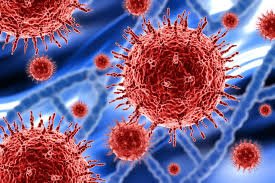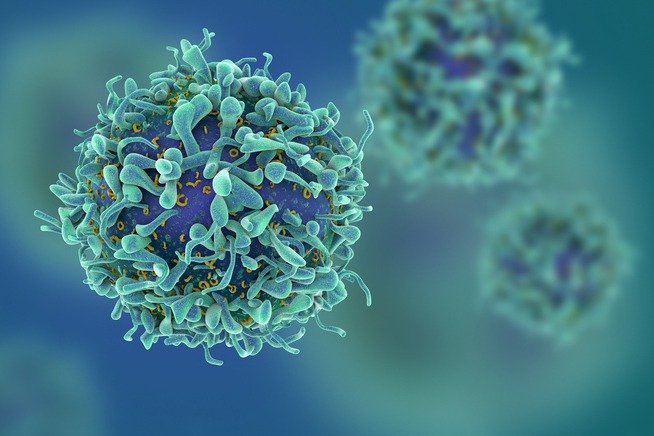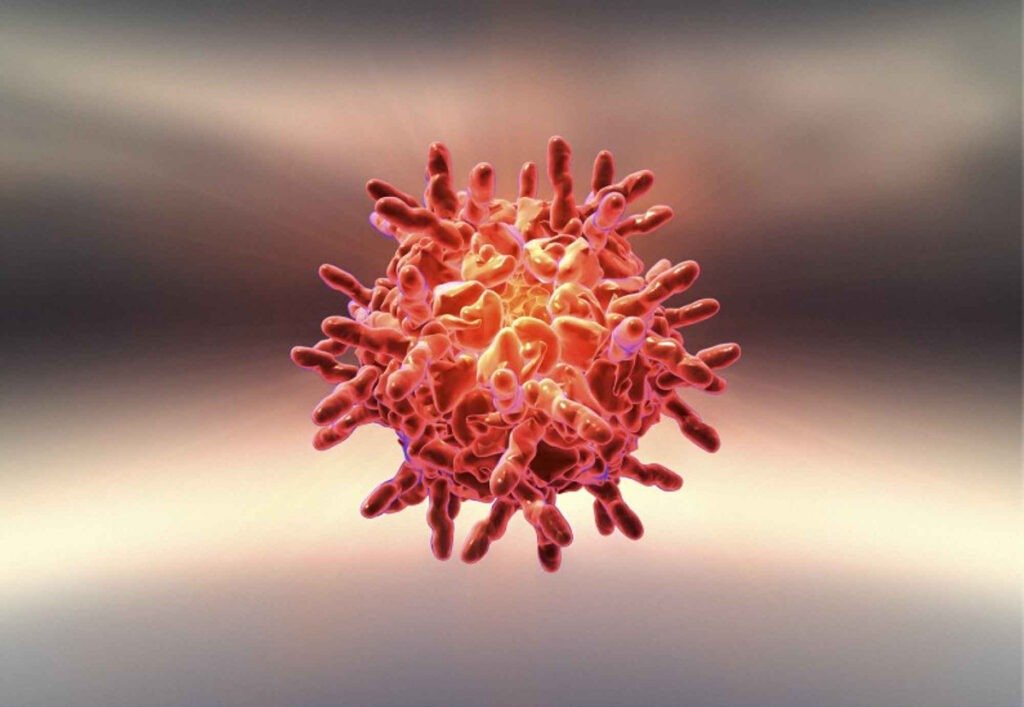Viral infections are among the most common health concerns affecting people of all ages, especially during seasonal changes or periods of weakened immunity. These infections are caused by viruses—tiny microorganisms that invade living cells to reproduce. Unlike bacterial infections, viral illnesses do not respond to antibiotics, making early recognition and appropriate treatment essential for effective management and recovery.
Understanding the most frequent viral infections, their symptoms, and the best course of treatment can help patients avoid complications, speed up recovery, and reduce the risk of spreading the illness to others.
What Are Viral Infections?
A viral infection occurs when a virus enters the body and begins to multiply. Viruses can target various body systems — from the respiratory and digestive tracts to the skin and nervous system. Some viral infections resolve on their own, while others may lead to more serious complications, particularly in the elderly, children, or individuals with weakened immune systems.
Common Types of Viral Infections
1. Common Cold (Rhinovirus)
The common cold is typically caused by rhinoviruses and is easily spread through air droplets or surface contact. It usually presents with:
- Runny or stuffy nose
- Sneezing
- Sore throat
- Cough
- Mild fever or fatigue
Most colds resolve within 7–10 days without medication, though symptoms can be managed with rest, fluids, and over-the-counter (OTC) remedies.
2. Influenza (Flu Virus)
Influenza is a more intense respiratory infection caused by flu viruses (types A and B). It spreads rapidly and can lead to complications like pneumonia if left untreated.
- High fever
- Body aches
- Chills and fatigue
- Cough and sore throat
- Headache
Annual flu vaccination is recommended for all age groups to reduce the severity and spread of the virus.
3. COVID-19 (Coronavirus SARS-CoV-2)
COVID-19 continues to affect communities worldwide. Its symptoms range from mild to severe:
- Fever and dry cough
- Shortness of breath
- Fatigue and muscle pain
- Loss of taste or smell
- Gastrointestinal symptoms
Early diagnosis, isolation, and appropriate care (including antiviral medications for severe cases) are crucial. Vaccination remains the most effective preventive measure.
4. Gastroenteritis (Norovirus or Rotavirus)
Often referred to as the “stomach flu,” viral gastroenteritis leads to inflammation of the stomach and intestines:
- Nausea and vomiting
- Watery diarrhea
- Stomach cramps
- Mild fever
Hydration is the key to recovery, as fluid loss can lead to dehydration, especially in young children and the elderly.
5. Chickenpox (Varicella-Zoster Virus)
Common in children, chickenpox causes an itchy rash with red spots and blisters:
- Fever and fatigue
- Rash that spreads over the body
- Loss of appetite
Vaccination can prevent chickenpox or reduce its severity. Antiviral medications may be prescribed in high-risk cases.
6. Herpes Simplex Virus (HSV)
HSV causes cold sores or genital herpes. Symptoms include:
- Painful blisters around the mouth or genitals
- Itching or tingling before sores appear
- Recurring outbreaks
While there is no cure, antiviral medications help reduce symptom severity and frequency.


Recognizing Symptoms Early
Early detection of viral infections allows timely intervention and reduces the risk of complications. Some general symptoms to watch for include:
- Sudden fever or chills
- Cough, sore throat, or nasal congestion
- Body aches or fatigue
- Rashes or blisters
- Diarrhea or vomiting
In children and seniors, symptoms can be atypical, such as confusion, weakness, or reduced appetite. Seeking medical advice promptly ensures proper care.
Treatment Options for Viral Infections
Since antibiotics are ineffective against viruses, treatment usually focuses on symptom relief and supporting the immune system. Options include:
- Rest: Adequate sleep helps the body recover faster.
- Hydration: Fluids prevent dehydration, especially in gastrointestinal infections.
- Over-the-counter medications: Pain relievers, decongestants, and antihistamines can help manage symptoms.
- Antiviral drugs: In some cases (like flu, COVID-19, or herpes), doctors may prescribe antivirals to reduce illness duration or severity.
- Isolation: Avoiding contact with others helps prevent the spread of contagious viruses.
When to See a Doctor
While many viral infections are self-limiting, medical attention is necessary if you experience:
- High fever lasting more than 3 days
- Severe headache or chest pain
- Breathing difficulties
- Dehydration symptoms (dry mouth, dizziness, low urine output)
- Confusion or altered mental state
- Symptoms not improving within a week
Early diagnosis can prevent complications and ensure proper care.
Preventing Viral Infections
Prevention is always better than cure. Here are simple but effective ways to protect yourself:
- Wash hands frequently with soap and water
- Avoid touching your face, especially the mouth, nose, and eyes
- Cover your mouth when sneezing or coughing
- Stay home when sick to prevent spreading the virus
- Get vaccinated against common viruses like influenza, COVID-19, and varicella
- Maintain a healthy lifestyle to strengthen your immune system
Conclusion
Viral infections are widespread but often manageable with proper care and awareness. Recognizing symptoms early, practicing good hygiene, and seeking medical advice when necessary are key to a quick recovery. By understanding how viral infections work and how to treat them, individuals can protect themselves and those around them more effectively.

